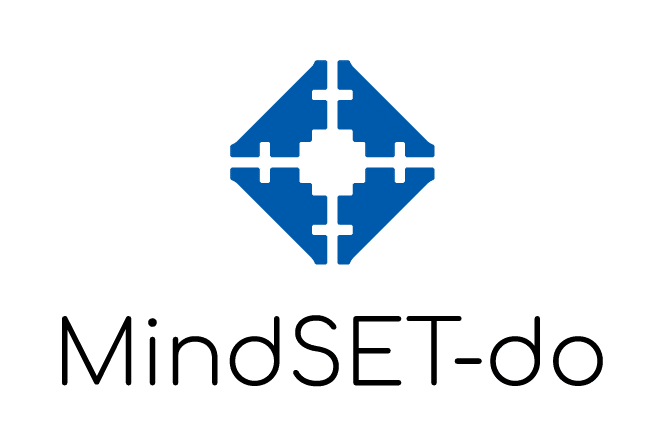
Journal of New Approaches in Educational Research
Raising Primary School Boys’ and Girls’ Awareness and Interest in STEM-Related Activities, Subjects, and Careers: An Exploratory Case Study
Natalie McMaster, David A. Martin, Michael D. Carey & Janet Martin
Internationally, there is an under-supply of intellectual capital to provide for STEM-related employment. One contributing factor is the low number of female students selecting STEM school subjects and careers. Despite the literature recommending students engage in STEM activities earlier, many initiatives are not implemented until high school. This paper reports on an Australian project named MindSET-do which provided students with early positive STEM experiences prior to high school to raise awareness of, interest in, and aspirations for STEM-related subjects and careers.

Regional Partnership Agreement (RPA) project with Sunshine Coast Council and UniSC
Encouraging Early Career Aspirations in STEM: Sunshine Coast
Natalie McMaster, Michael D. Carey, Merrilyn Goos & Janet Martin
This research project is an opportunity for UniSC and the Sunshine Coast Council to work together on a key research project which will assist in establishing the Sunshine Coast as Australia’s most sustainable region: Healthy. Smart. Creative. The project will strengthen the ongoing investment and focus on talent and skills to provide the labour force pipeline that the region’s new economy will require in the future. Unique to this project is its potential to impact future industry growth and innovation, and deliver future economic, environment and social benefits. This is due to the project targeting students in primary school (Years 4, 5 and 6), as well as teachers and parents/caregivers in career and technical education.

Longitudinal Research Project
Encouraging Early Career Aspirations in STEM
Natalie McMaster, Michael D. Carey, David A. Martin, Merrilyn Goos, Janet Martin & Maria Raciti
This long term study focuses on exploring the degree of effectiveness of UniSC’s MindSET-do School project. The MindSET-do School project is funded through the Australian Government Department of Education and Training’s Higher Education Participation and Partnership Program (HEPPP). The UniSC MindSET-do School is an initiative which aims to widen the participation of low SES students’ in accredited undergraduate qualifications at UniSC. The UniSC MindSET-do School will provide students in Years 4 – 10 in Quartile 1 & 2 schools with familiarity opportunities for direct exposure to STEM activities and experiences, with a view to garnering interest in STEM subjects at school, future transition into tertiary studies and STEM occupations.
Australian Research Council Linkage Grant Application 2023
Advancing the “M” in STEM
Merrilyn Goos, Natalie McMaster, Michael D. Carey, David A. Martin, Janet Martin & Maria Raciti
The National STEM School Education Strategy focuses on developing students’ scientific, technological, and mathematical literacies. A particular challenge to developing students’ achievements in these STEM areas, in particular maths, is that many students have been instilled, unintentionally by parents, teachers and community members, with gender stereotypic beliefs and a fixed mindset when it comes to their mathematical abilities. This poses challenges to the efforts to enhance motivation and achievement in maths. Credited with the terms fixed and growth mindsets, Carol Dweck found that students who believe their maths ability and intelligence is fixed (meaning they subscribe to a fixed mindset) are at a significant disadvantage compared to students who believe intelligence is fluid and can be developed. The Advancing the “M” in STEM research project will use a growth mindset approach to enhance learning and confidence in maths. Contact Natalie McMaster if you are interested in partnering with UniSC on this fantastic 3-year project nmcmaste@usc.edu.au

Strengthening Maths and Digital Technologies Research Project
Strengthening STEM education in Queensland primary schools: Supporting teachers to integrate Mathematics and Digital Technologies
Emily Ross, Margaret Marshman & Natalie McMaster
Governments have invested in STEM education for several years to support science, technologies, engineering, and mathematics learning. As the Australian Curriculum: Technologies was implemented, teachers were required to have content knowledge of specific educational technologies and pedagogical content knowledge relating to digital technologies. There has been some support for teachers embarking on their implementation journey. As the revisions to the Australian Curriculum create tighter alignment between Mathematics and Digital Technologies, increased opportunities for integrated STEM learning are present in the curriculum. This project explores the number and strength of potential barriers for teachers implementing integrated technology and mathematics activities.


